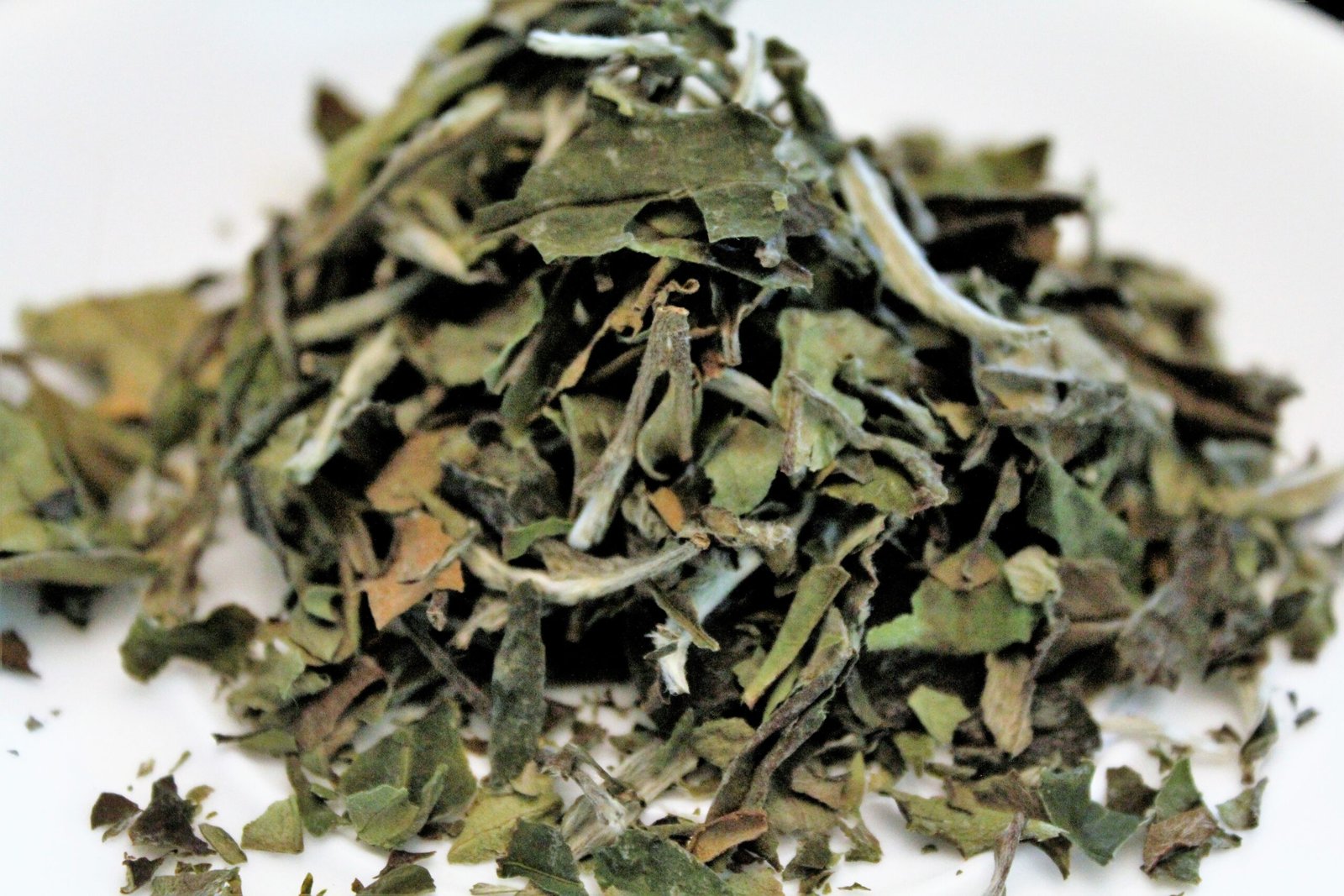
Exploring the Different Types of Cinnamon and Unveiling the Benefits and Side Effects of Cinnamon Tea
I have loved sujeonggwa (a Korean traditional cinnamon punch) since I was a child. I usually enjoy buns or apple pies with cinnamon powder even though I am not a big fan of bread.
I once drank cinnamon tea while studying abroad in Dubai, I fell in love with it. Therefore, I purchased a lot of cinnamon tea on a trip to Dubai with my husband a few years ago to celebrate my birthday.

Especially on a cold winter like these days, if you drink it sip by sip, you will feel warm and happy.

Today, like usual, while I was drinking cinnamon tea, I suddenly wondered what are the benefits and side effects of cinnamon. So, let’s figure it out my curiosity now✨
Introduction
Cinnamon, with its warm and inviting aroma, has been a beloved spice for centuries. Not only does it add a delightful flavor to dishes, but it also boasts a range of health benefits. In this article, we will delve into the various types of cinnamon, explore the benefits of cinnamon tea, and discuss the importance of moderate cinnamon consumption in our daily lives.
Types of Cinnamon
There are several different types of cinnamon available, each with its own unique characteristics. The most common types are:
1. Ceylon Cinnamon
Ceylon cinnamon, also known as “true cinnamon,” is considered the highest quality cinnamon. It is native to Sri Lanka and has a delicate, sweet flavor. Ceylon cinnamon is often preferred for culinary purposes, as it adds a subtle and refined taste to both sweet and savory dishes.
2. Cassia Cinnamon
Cassia cinnamon, also known as Chinese cinnamon, is the most widely available type of cinnamon. It has a stronger and more intense flavor compared to Ceylon cinnamon. Cassia cinnamon is commonly used in baking, cooking, and as a flavoring agent in various food products.
3. Saigon Cinnamon
Saigon cinnamon, also known as Vietnamese cinnamon, is known for its bold and spicy flavor. It is often considered the strongest and most potent variety of cinnamon. Saigon cinnamon is a popular choice for adding a kick to beverages, such as cinnamon tea, and for enhancing the taste of rich and hearty dishes.
The Benefits of Cinnamon Tea
Cinnamon tea, made from infusing cinnamon sticks or powder in hot water, offers a myriad of health benefits. Let’s take a closer look at some of the key advantages:
1. Antioxidant Powerhouse
Cinnamon is packed with antioxidants that help protect the body against oxidative stress. These antioxidants can help reduce inflammation, boost the immune system, and potentially lower the risk of chronic diseases.
2. Blood Sugar Regulation
Cinnamon has been shown to improve insulin sensitivity and lower blood sugar levels. Regular consumption of cinnamon tea may be beneficial for individuals with diabetes or those looking to manage their blood sugar levels.
3. Heart Health Support
Studies suggest that cinnamon may have a positive impact on heart health by reducing bad cholesterol (LDL) levels and triglycerides. Incorporating cinnamon tea into a balanced diet may contribute to a healthier cardiovascular system.
4. Digestive Aid
Cinnamon tea can help soothe digestive discomfort, relieve bloating, and support healthy digestion. It may also have antimicrobial properties that can help fight off harmful bacteria in the gut.
Potential Side Effects of Cinnamon Tea
While cinnamon tea offers numerous benefits, it is essential to be aware of potential side effects, especially when consumed in excessive amounts. Some individuals may experience:
1. Allergic Reactions
Those with a known allergy to cinnamon should avoid consuming cinnamon tea or any products containing cinnamon. Allergic reactions can range from mild to severe and may include symptoms such as itching, swelling, or difficulty breathing.
2. Liver Toxicity
Certain compounds found in cinnamon, such as coumarin, can be toxic to the liver when consumed in large quantities. However, the risk of liver toxicity is generally low when cinnamon is consumed in moderation.
3. Interaction with Medications
Cinnamon may interact with certain medications, including blood thinners and diabetes medications. If you are taking any medications, it is advisable to consult with your healthcare provider before regularly consuming cinnamon tea.
The Importance of Moderate Cinnamon Consumption
While cinnamon offers numerous health benefits, it is crucial to consume it in moderation. Excessive consumption of cinnamon, especially in powdered form, can lead to health issues due to the presence of coumarin. Coumarin, found primarily in Cassia cinnamon, can be harmful when consumed in large amounts over an extended period.
It is generally recommended to limit daily cinnamon consumption to 1-2 teaspoons or opt for Ceylon cinnamon, which contains significantly lower levels of coumarin. By practicing moderation, you can enjoy the flavor and benefits of cinnamon without any adverse effects.
In Conclusion
Cinnamon, in its various forms, adds a delightful touch to our culinary creations and offers a range of health benefits. Whether you prefer the delicate sweetness of Ceylon cinnamon or the bold spiciness of Saigon cinnamon, incorporating cinnamon tea into your daily routine can be a flavorful and beneficial choice. Remember to consume cinnamon in moderation and consult with a healthcare professional if you have any concerns or pre-existing conditions.


